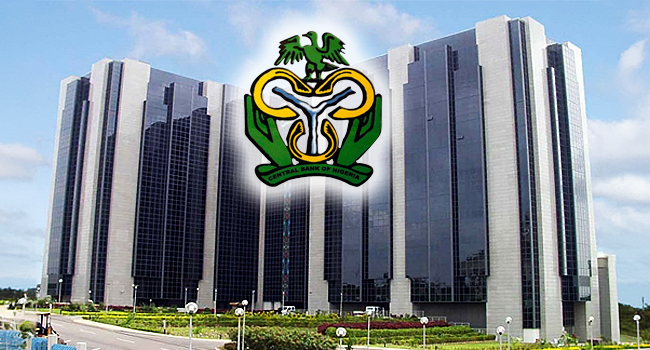Nigeria’s current account surplus has risen to $5.28 billion in the second quarter of 2025, a significant increase from $2.85 billion in the first quarter. The Central Bank of Nigeria (CBN) announced this in a recently published Frequently Asked Questions on its website. The growth in the current account surplus reflects improved external sector resilience and increased foreign exchange inflows.
The country’s gross external reserves have also surged to $43.05 billion as of September 11, providing 8.28 months of import cover. This increase in external reserves serves as a confidence booster for citizens, foreign and local investors, and other economic agents. The CBN attributed the improvement to sustained exchange rate stability, tighter monetary policy, and a moderation in petroleum product prices, which have contributed to a more favorable balance of payments outlook.
According to the CBN’s latest data, the external reserve has increased by over $692 million in 18 days and has been on an upward trend since July 14, 2025. The reserve surpassed the $42 billion mark as of September 25, 2025, the highest in over six years. President Bola Tinubu also confirmed the increase in his Independence Day address to Nigerians on October 1.
The CBN’s Monetary Policy Committee (MPC) recently reduced the Cash Reserve Ratio (CRR) for commercial banks from 50% to 45% to ease the liquidity burden on banks and provide more room for productive lending and intermediation. The MPC also introduced a 75% CRR on non-Treasury Single Account (TSA) public sector deposits to counter excess liquidity and prevent inflationary pressure.
The CBN emphasized its commitment to balancing inflation control with support for the real economy, particularly micro, small, and medium-sized enterprises (MSMEs). The bank is using conventional monetary policy tools to anchor inflation expectations while ensuring a stable and robust financial system. By maintaining market stability, financial institutions are better positioned to allocate surplus funds to deficit segments of the economy.
The CBN also reduced the Monetary Policy Rate (MPR) by 50 basis points, lowering it from 27.5% to 27%, in response to the sustained decline in inflation over the past five months. The reduction is expected to support economic recovery efforts without undermining macroeconomic stability. The bank also revised the Standing Facilities corridor, narrowing it from +500/-100 basis points to a symmetric +250/-250 basis points around the MPR, to improve liquidity management and reduce volatility in overnight interest rates.
These measures are designed to sustain ongoing disinflation efforts while ensuring the banking sector has adequate liquidity to support credit expansion and economic growth. The CBN’s actions demonstrate its commitment to maintaining a stable and robust financial system, which is essential for Nigeria’s economic development.
